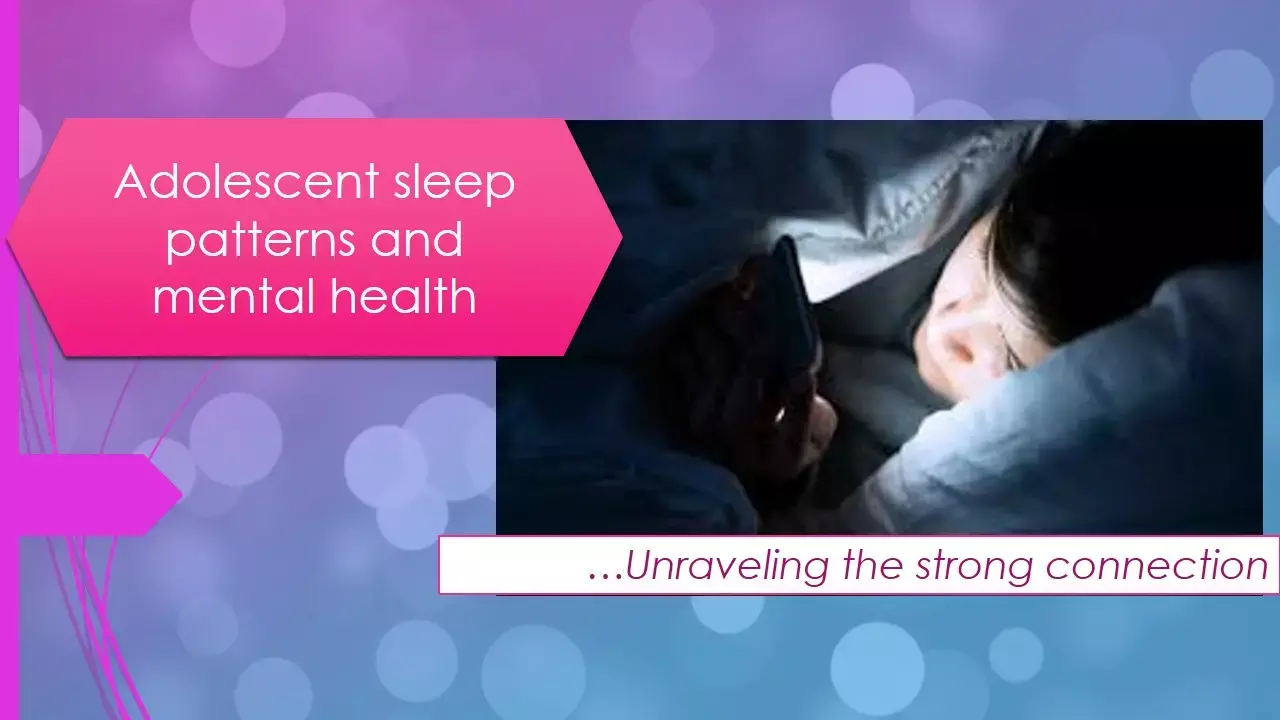- Home
- Medical news & Guidelines
- Anesthesiology
- Cardiology and CTVS
- Critical Care
- Dentistry
- Dermatology
- Diabetes and Endocrinology
- ENT
- Gastroenterology
- Medicine
- Nephrology
- Neurology
- Obstretics-Gynaecology
- Oncology
- Ophthalmology
- Orthopaedics
- Pediatrics-Neonatology
- Psychiatry
- Pulmonology
- Radiology
- Surgery
- Urology
- Laboratory Medicine
- Diet
- Nursing
- Paramedical
- Physiotherapy
- Health news
- Fact Check
- Bone Health Fact Check
- Brain Health Fact Check
- Cancer Related Fact Check
- Child Care Fact Check
- Dental and oral health fact check
- Diabetes and metabolic health fact check
- Diet and Nutrition Fact Check
- Eye and ENT Care Fact Check
- Fitness fact check
- Gut health fact check
- Heart health fact check
- Kidney health fact check
- Medical education fact check
- Men's health fact check
- Respiratory fact check
- Skin and hair care fact check
- Vaccine and Immunization fact check
- Women's health fact check
- AYUSH
- State News
- Andaman and Nicobar Islands
- Andhra Pradesh
- Arunachal Pradesh
- Assam
- Bihar
- Chandigarh
- Chattisgarh
- Dadra and Nagar Haveli
- Daman and Diu
- Delhi
- Goa
- Gujarat
- Haryana
- Himachal Pradesh
- Jammu & Kashmir
- Jharkhand
- Karnataka
- Kerala
- Ladakh
- Lakshadweep
- Madhya Pradesh
- Maharashtra
- Manipur
- Meghalaya
- Mizoram
- Nagaland
- Odisha
- Puducherry
- Punjab
- Rajasthan
- Sikkim
- Tamil Nadu
- Telangana
- Tripura
- Uttar Pradesh
- Uttrakhand
- West Bengal
- Medical Education
- Industry
Problematic sleep may contribute to emergence of internalizing and externalizing symptoms in youth

Sleep problems and psychopathology symptoms are highly comorbid and bidirectionally correlated across childhood and adolescence. Whether these associations are specific to discrete profiles of sleep problems and specific internalizing and externalizing phenomena is currently unclear.
A recently published study in JAMA Psychiatry has shown that there are substantial changes in sleep problems across the transition to adolescence that are associated with later internalizing and externalizing symptoms. Thus, sleep profiles could be future targets for intervention and treatment programs to improve sleep-related and mental health–related outcomes.
Sleep problems in childhood can predict the emergence of emotional and behavioral problems throughout development as well as increase the risk of developing a psychiatric disorder in later life. Previous studies indicate that the transition into adolescence is a pivotal point in the experience of sleep problems during development and may be a period whereby intervention programs could prove more effective.
To characterize individual changes in profiles of sleep problems and their prospective associations with psychopathology symptoms across the transition from childhood to adolescence, authors Cooper et al, used baseline data (participant age of 9 to 11 years) and 2-year follow-up data (participant age of 11 to 13 years) from the community-setting, multicenter Adolescent Brain Cognitive Development (ABCD) study.
Individuals were assessed for a range of sleep problems at both waves and categorized into profiles via latent profile analysis. The stability and change in these profiles over time was assessed via latent transition analysis.
Sleep problems were assessed at both baseline and follow-up via the parent-reported Sleep Disturbance Scale for Children (SDSC). Psychopathology symptoms at both baseline and follow-up were assessed using the internalizing and externalizing dimension scores derived from the parent-reported Child Behavior Checklist.
A total of 10 313 individuals were categorized into 4 latent profiles of sleep problems at both baseline and follow-up:
1. A low disturbance profile,
2. A sleep onset/maintenance problems profile,
3. A moderate and nonspecific disturbance profile (termed mixed disturbance), and
4. A high disturbance profile.
Individuals in the 3 more severe problem profiles displayed greater risk of concurrent internalizing symptoms and externalizing symptoms. Transitions between sleep profiles over time were associated with prospective internalizing and externalizing symptoms, but not vice versa.
The 4 sleep profiles identified in this study demonstrate that developmental sleep problems are diverse, highly comorbid, and follow individualized trajectories across development. Clinically, these findings underline the importance of routine assessment and management of both sleep and psychopathology symptoms in youth, with special emphasis on symptoms of somatic distress.
“Exacerbation in sleep problems, as indicated by a transition into a worse sleep profile, preceded increases in psychopathology symptoms, particularly for internalizing phenomena”, noted authors in discussion. On the other hand, improvements in sleep were paralleled by improvements in both internalizing and externalizing symptoms, supporting previous findings of lower rates of mental distress in adolescents with remitted compared with persistent sleep problems.
These findings suggest that interventions targeting sleep behavior, in contrast with mental health symptoms, may provide greater benefits for adolescents during this developmental period. Such benefits could influence aspects of both internalizing and externalizing problems and indicate that even partial remission of sleep problems could have beneficial effects on youth mental health.
Source: JAMA Psychiatry: doi:10.1001/jamapsychiatry.2023.0379
M.B.B.S, M.D. Psychiatry
M.B.B.S, M.D. Psychiatry (Teerthanker Mahavir University, U.P.) Currently working as Senior Resident in Department of Psychiatry, Institute of Human Behaviour and Allied Sciences (IHBAS) Dilshad Garden, New Delhi. Actively involved in various research activities of the department.
Dr Kamal Kant Kohli-MBBS, DTCD- a chest specialist with more than 30 years of practice and a flair for writing clinical articles, Dr Kamal Kant Kohli joined Medical Dialogues as a Chief Editor of Medical News. Besides writing articles, as an editor, he proofreads and verifies all the medical content published on Medical Dialogues including those coming from journals, studies,medical conferences,guidelines etc. Email: drkohli@medicaldialogues.in. Contact no. 011-43720751


